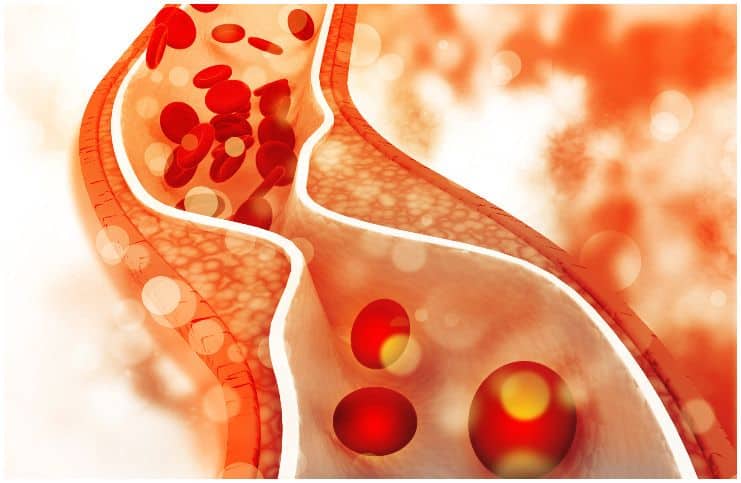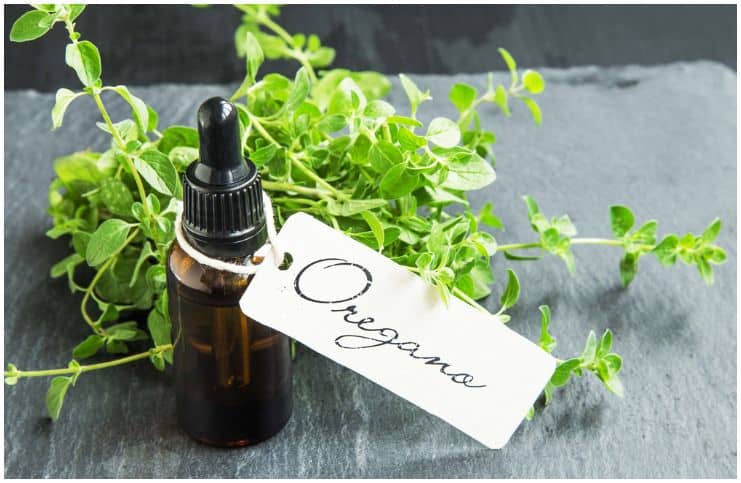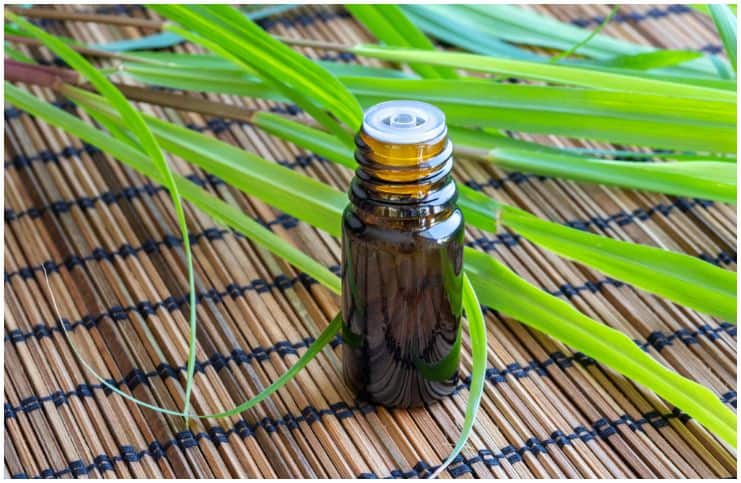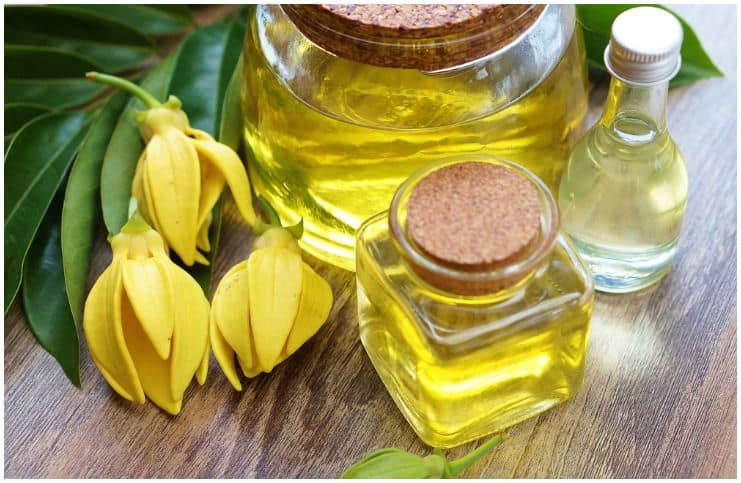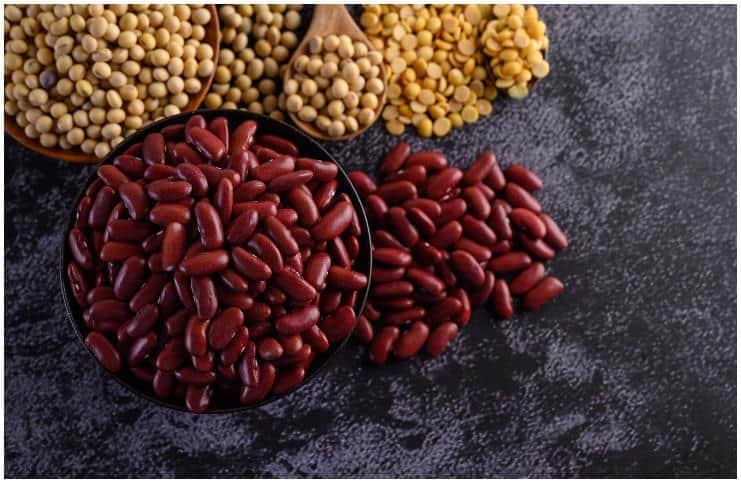There are 2 types of cholesterol:
- HDL – high-density lipoprotein (good) – picks up excess cholesterol and takes it back to your liver;
- LDL – low-density lipoprotein (bad) – builds up in the walls of your arteries, making them narrow and hard.
Your body will make enough of the HDL it needs to perform normally, but some of the foods you eat can add to your LDL cholesterol levels, and too much can build up plaque on the arterial walls in the brain and heart and may lead to stroke, heart disease, or heart attack.
Top 10 essential oils for lowering high cholesterol:
#1 Cypress
Produced by steam distillation of young stems, twigs, and needles of a Cypress tree (botanical name – Cupressus sempervirens), it is valued because of its capacity to remove toxins from the body and fight infections. It also induces a relaxed and calm feeling when used aromatically.
#2 Cinnamon
Made from Cinnamon tree (scientific name – Cinnamomum zeylanicum) – native to Sri Lanka, it has anti-inflammatory properties which work well in relieving inflammation and pain.
Moreover, it is a powerful irritant that should never be applied directly topically, plus, it is recommended to be avoided by pregnant women.
#3 Rosemary
It alleviates tension and stress by lowering the levels of the stress hormone cortisol. In addition, rosemary has anti-inflammatory activity and is great for the digestion process, helping your body to better absorb nutrients.
#4 Oregano
Made by steam distillation of fresh oregano leaves, it is a strong antioxidant. Furthermore, it possesses antibacterial and antiseptic properties which make it a great cleaning agent as well as a good fighter of infections.
However, it should not be used by women who are breastfeeding or pregnant and internal usage should be kept to a maximum of seven days.
#5 Basil
Made through steam distillation of the leaf of the Basil plant, it improves digestion, mood, alertness, and soothes muscle aches.
Due to its action on the nervous system, it is especially effective when treating digestive disorders caused by nervousness and stress tension.
#6 Lemongrass
There are more than 50 species of lemongrass, nevertheless, 2 are the most frequently used to make this natural remedy namely – Cymbopogon flexuosus and Cymbopogon citratus.
More importantly, it is a vasodilator which wakes up the immune system and improves circulation. Moreover, it has remarkable soothing properties as well as calming effects on the mind, and also reduces anxiety and tension.
#7 Ginger
The origin of the ginger plant (botanical name – Zingiber officinale) is believed to be Southern Asia. Ginger is a good natural remedy for stress, depression, and anxiety, plus, it boosts the immune system.
Additionally, it is a natural anti-depressant along with anti-hemorrhagic properties which are considered to be beneficial for the heart. It can also be used alone or blended with other natural remedies, such as patchouli, sandalwood, and rosewood.
#8 Marjoram
Marjoram essential oil, extracted through steam distillation of the flowering tops of the marjoram plant (scientific name – Origanum marjoram), is a soothing and warming essential oil that’s good for hypertension because of its blood vessel dilating properties.
Inhaling this oil may also enhance your cognitive abilities and keep your mind sharp.
#9 Clove
Made from the Clove plant (botanical name – Syzygium aromaticum), it has been used for centuries by different cultures for its many medicinal properties and its potent spicy aroma. The active compound within clove – eugenol – acts as a highly effective platelet inhibitor (similar to aspirin), avoiding blood clotting.
#10 Ylang-ylang
Extracted from the flowers of the tropical tree (scientific name – Cananga odorata), it supports a healthy circulatory system.
According to a 2005 study, which compared the free radical scavenging properties of other potions, it was the most effective remedy tested. However, it is recommended to be avoided if you’re pregnant or a nursing woman.
High cholesterol foods to avoid
- foods high in saturated fats (lamb, beef, veal, pork, lard, butter, milk, dairy products made from whole milk), plus vegetable oils (which include palm oil and coconut oil), and cocoa butter.
- foods that contain trans fats – intaking trans fats increases your risk of developing stroke and heart disease. More important, it is strongly linked to a higher risk of developing type 2 Diabetes Mellitus. Foods containing trans fats are usually processed foods made with partially hydrogenated oil.
Foods that lower LDL cholesterol naturally
Foods high in dietary fiber – foods that are high in fiber also contain compounds named plant sterols that block the absorption of cholesterol in your body. Furthermore, soluble fiber slows the absorption of LDL cholesterol from animal products and acts as an intestinal broom to sweep the cholesterol out.
These foods are – grains (such as buckwheat, barley, quinoa, oats, rice, rye, wheat, and millet), vegetables (beets, carrots, collard greens, broccoli, Swiss chard, sweet potatoes, potatoes), fruits (bananas, apples, oranges, mangoes, and strawberries), seeds (chia seeds, sunflower seeds, hemp seeds, and flax seeds), legumes (chickpeas, lentils, red kidney beans, soybeans, and lima beans).
Omega 3 high plants – since your body cannot produce them on its own and you must get them from dietary sources, omega-3s are considered essential fatty acids. They are found in seeds (flaxseeds, chia seeds, sunflower seeds, pumpkin seeds), legumes (soybeans, red kidney beans), vegetables (spinach, Brussels sprouts, winter squash, broccoli, cauliflower, kale) and nuts (pistachios, walnuts, pecans).
Other methods to lower LDL cholesterol:
- quit smoking – smoking causes inflammation throughout your entire body that can contribute to blood clots, atherosclerosis, and risk of a heart attack.
- physical exercises – movement is the best method to lower LDL cholesterol effectively. Physical activities such as bicycling, brisk walking, gardening, dancing, jogging, swimming, and aerobics will all give you cardio benefits.
- Lose extra weight – according to some studies, you may be able to reduce LDL cholesterol levels considerably by losing 5 to 10 percent of your body weight.
- Meditation, yoga, tai chi – all these activities lower the levels of your stress hormones which in turn reduce the amount of cholesterol in the blood.
- Sleep – not getting enough sleep can affect your health negatively, including a negative impact on your bad cholesterol levels.
References https://www.bhf.org.uk/heart-matters-magazine/news/behind-the-headlines/ http://www.pcrm.org/health/health-topics/ http://ajcn.nutrition.org/content/69/1/30.full
